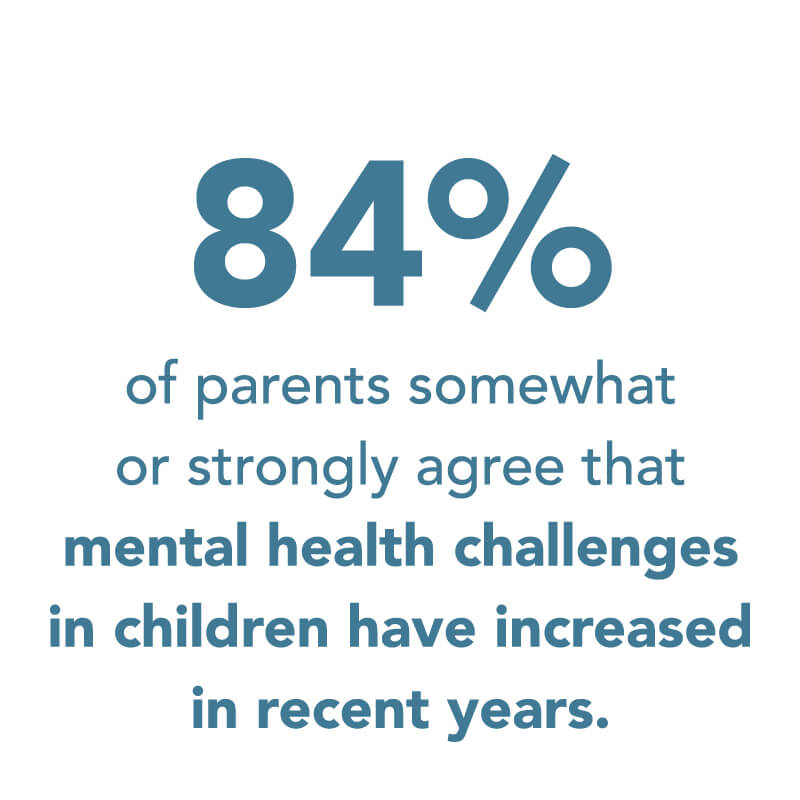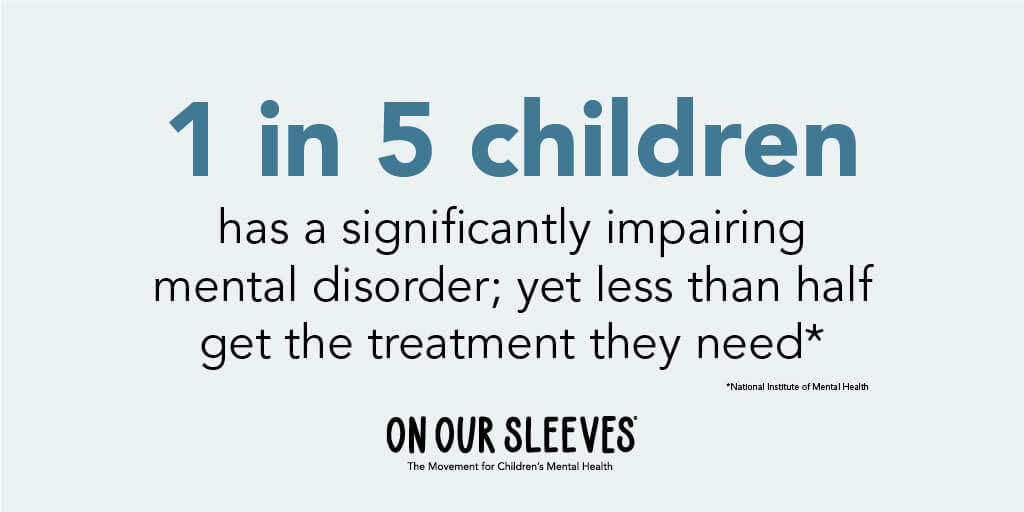Introduction to Health Education
As parents, teachers, and members of the education department, we all want the best for our children. We want them to grow up healthy, happy, and equipped with the knowledge and skills they need to navigate the complexities of life. That’s why it’s incredibly important to prioritize health education in every single elementary school. In this blog post, we will explore the reasons why health education is crucial and how it can make a significant positive impact on our children’s lives.
The State of Children’s Health

Before we delve into the importance of health education, let’s take a moment to acknowledge the state of children’s health today. Unfortunately, the statistics are worrying. Childhood obesity rates are at an all-time high, with millions of children across the country grappling with weight-related health issues. Mental health disorders among young children are also on the rise, with anxiety and depression becoming increasingly common. Additionally, children face the risk of substance abuse, peer pressure, and unsafe behaviors. These problems aren’t going away on their own, and it’s our responsibility to address them head-on.
Empowering Children with Essential Knowledge
Health education provides children with essential knowledge about their bodies, emotions, and overall well-being. By equipping them with the right information from an early age, we enable them to make informed choices about their health and ensure they have the tools to take care of themselves. Imagine a child who understands the importance of a balanced diet and regular exercise, or one who can identify signs of stress and knows how to cope with it effectively. These are skills that will benefit them not only in their childhood but throughout their entire lives.
Nutrition: Fueling Our Bodies for Success
Proper nutrition is the cornerstone of good health. In today’s fast-paced world, it’s easy for both children and adults to fall into unhealthy eating habits. By teaching elementary school students about nutrition, we can help them develop a strong foundation for a healthy future. They will learn about the importance of a balanced diet, the role of different food groups, and how to make healthier choices.
Children are naturally curious, and introducing them to the basics of nutrition at an early age can spark their interest in making healthier food choices. Providing them with practical examples and engaging activities can make the learning process enjoyable and memorable. For instance, organizing a hands-on cooking class where they get to prepare healthy snacks can be both educational and tasty!
Breaking the Stigma Around Mental Health

Mental health is often a taboo topic, even among adults. Mental health is a critical aspect of our overall well-being, and it is essential to start fostering mental wellness from a young age. Elementary school students often face stressors such as schoolwork, social interactions, and family dynamics. By providing them with the necessary tools and knowledge, you can equip them to navigate these challenges and develop resilience.
By incorporating mental health education into the curriculum, you let children know that their emotions and mental well-being are important. You can teach them coping mechanisms for stress, anxiety, and sadness, and provide them with a safe space to express their thoughts and feelings. This can go a long way in reducing the stigma surrounding mental health and promoting a more compassionate and understanding society.
Prevention is Better Than Cure
Health education isn’t just about providing information; it’s about prevention. By teaching children about the dangers of substance abuse, the risks of unsafe behaviors, and the importance of hygiene, we can help them make smart choices and avoid potential harm. Prevention is always better than cure, and health education plays a crucial role in empowering children to make healthy decisions and steer clear of dangerous situations.
Hygiene: Building Lifelong Healthy Habits
Proper hygiene practices are fundamental for maintaining good health and preventing the spread of infectious diseases. Teaching elementary school students about hygiene not only protects their health but also instills essential habits that will carry into adulthood.
Health education can cover topics such as handwashing, dental hygiene, and personal care. By educating children on the importance of these practices, we can empower them to take responsibility for their health and the health of those around them. Engaging activities, such as interactive demonstrations and experiments, can make learning about hygiene fun and memorable.
Collaboration and Support

Implementing health education in every single elementary school requires collaboration and support from all stakeholders. Parents, teachers, the education department, and the community must come together to prioritize children’s health. By working hand in hand, we can ensure that our children receive a comprehensive health education that covers physical, mental, and emotional well-being.
Conclusion
Every child deserves the opportunity to learn about and prioritize their health. By providing health education in every single elementary school, we can empower children to take control of their well-being, make informed choices, and lead healthier lives. Let’s work together to make this a reality and create a brighter, healthier future for our children.
Together, we can shape the next generation to be strong, healthy, and equipped to face the challenges that lie ahead.
Remember, health education in every single elementary school is not just an option; it’s a necessity. Let’s make it happen!








